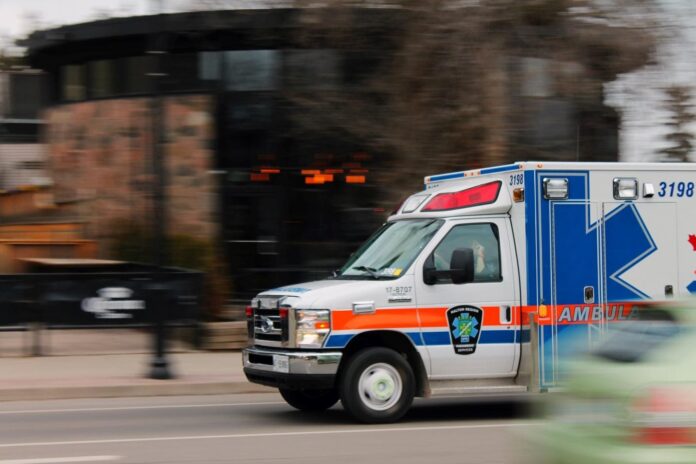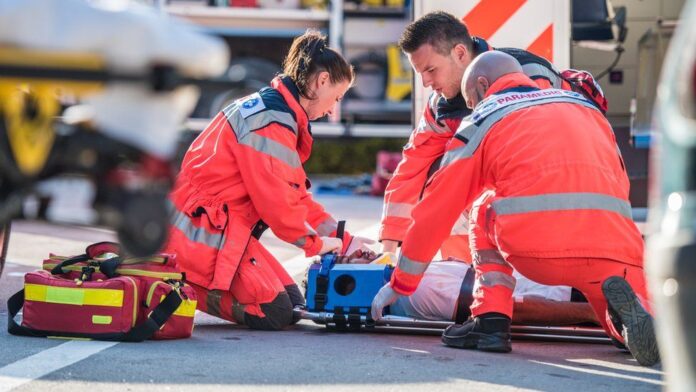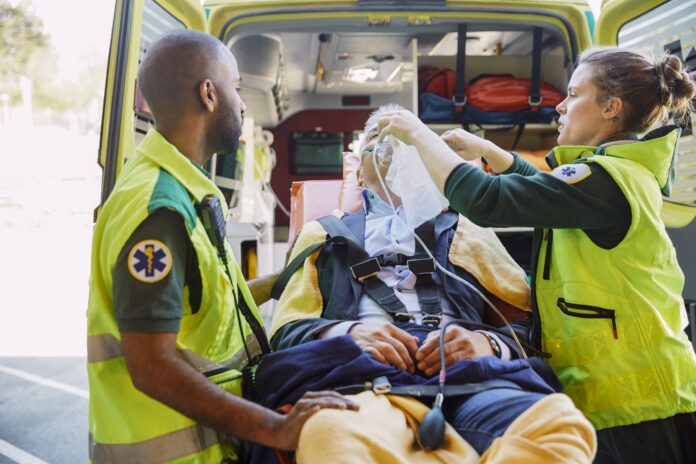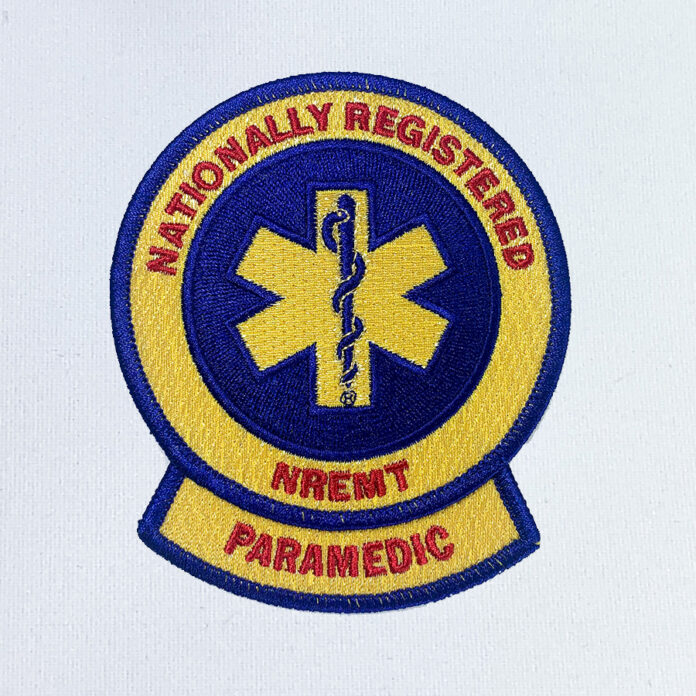
The medical sector has many opportunities to offer, and in each of them, the contribution is highly significant. Whether you are a specialized doctor, nurse, surgeon, EMT, paramedic, every role is of the utmost importance. In order to properly provide care for your patients, it is necessary for all medical professionals to work together. So, if this area interests you a great deal, you have many options.
Perhaps you don’t necessarily want to become a doctor, or you might not afford to go to medical school. This doesn’t mean your dream cannot become a reality. In this case, you can consider becoming an EMT or paramedic – roles that require less training time. If you have been thinking of either of them but are unsure what to do, the following article will discuss the differences between them. What’s more, you will be able to see the requirements and the skills needed for an EMT or paramedic.
What is the difference between EMTs and Paramedics?

It isn’t uncommon for people to mistake an EMT for a paramedic and vice versa. This is understandable, as the two roles have many things in common, and the differences between the two are in the details. What is crucial to consider when you are thinking about becoming either one is the career path you need to take and the necessary training and certifications. So, the main distinctive aspect is how advanced the medical care they are allowed to provide is.
- EMT: This stands for Emergency Medical Technician. An EMT is allowed to give urgent care but not perform more advanced procedures. For instance, they can administer oxygen or glucose but cannot insert an IV line. They will transport the patient safely and urgently from the scene of the accident to the nearest hospital.
- Paramedic: Similar to EMTs, paramedics work in ambulances. However, given they are qualified to perform more complex procedures, a paramedic will also be eligible to work in air ambulances or the fire department. These emergency pre-hospital care providers have more medical knowledge and can administer drugs through an IV. Therefore, in cases of extreme measures, they are better equipped to treat a patient until they reach the hospital.
Now that you have learned the main difference between an EMT and a paramedic, it is essential you understand the characteristics of the job and what type of training is needed. Regardless if you decide to become one or the other, you will need to attend an accredited course and get a certification. What’s more, before going into the workforce, you will need to acquire a certain number of hours.
The skills needed for the job

No matter what you choose, whether it is an EMT or paramedic role, there are certain soft skills, and more specific ones, that are incredibly necessary to succeed at either job. One of the most prominent ones is the ability to evaluate the situation accurately, react fast, and treat your patient correctly. Hence, critical thinking is at the core skills of an emergency responder, together with problem-solving. Apart from this, a noteworthy aspect would be that EMTs and paramedics should have the strength and physical stamina, as the job entails a great deal of lifting.
What’s more, it is necessary that you have strong communication skills, as the environment can be pretty intense and you will be forced to perform under pressure. For this reason, an EMT or paramedic must be able to listen – to their patient, colleague, and others present – to be able to gather relevant information that can help them provide the best care.
Communicating well with everyone is also crucial. More often than not, patients involved in an accident, even if it is a minor one, experience the initial shock and could become restless. So, both EMTs and paramedics need to have the social skills to facilitate communication, interact with patients, and manage to calm them down. It is equally important to communicate well with your colleague, so you work effectively together.
The required training and licensure

In order to become an EMT or paramedic, you will need to complete a specialized training program. Before attending this, it isn’t necessary to complete an undergraduate course at a university or college. Instead, with only a high school diploma, you can start training as a first responder. The three-level training is as follows: Basic EMT, Intermediate, and Paramedic. For EMTs, the first two levels teach you the core emergency skills needed and how to properly assess the patient, followed by a more advanced teaching, such as administering some drugs.
If you decide you want to become a Paramedic, you will need to attend the third level with more extensive coursework, as the job’s responsibilities are more significant. Depending on the location where you are based, there are many programs that you can attend, such as EMT training in Brooklyn provided by EmergencyCareNY.com. And in case you are still unsure if you want to become a Paramedic, you have time to decide until you reach the final level.
In terms of licensure, whether you want to work as an EMT or paramedic after you complete the training program, you will need to obtain a certification from the National Registry of Emergency Medical Technicians, or abbreviated as NREMT. If you pass the exam, you will get the license. Take note that you will have to renew this license every two years. Besides this, some states require you to take an additional exam for a specific certification.
Bottom line: EMT or Paramedic?

Knowing the core difference between an EMT and Paramedic, as well as the similar skills needed and what it means to practice this role, can help you make an informed decision if you are considering either position in this sector.
If you feel it is your calling to work in such an environment and can handle unpredictable situations while providing care for people in need, working as an EMT is an excellent place to start. And, in case you decide you are ready to have more responsibilities in this field, you can always train to become a paramedic. However, it is essential to know that the difficulty of the job will increase, given that you will be practicing more advanced medical techniques and procedures. This also means that the experience can be gratifying.











